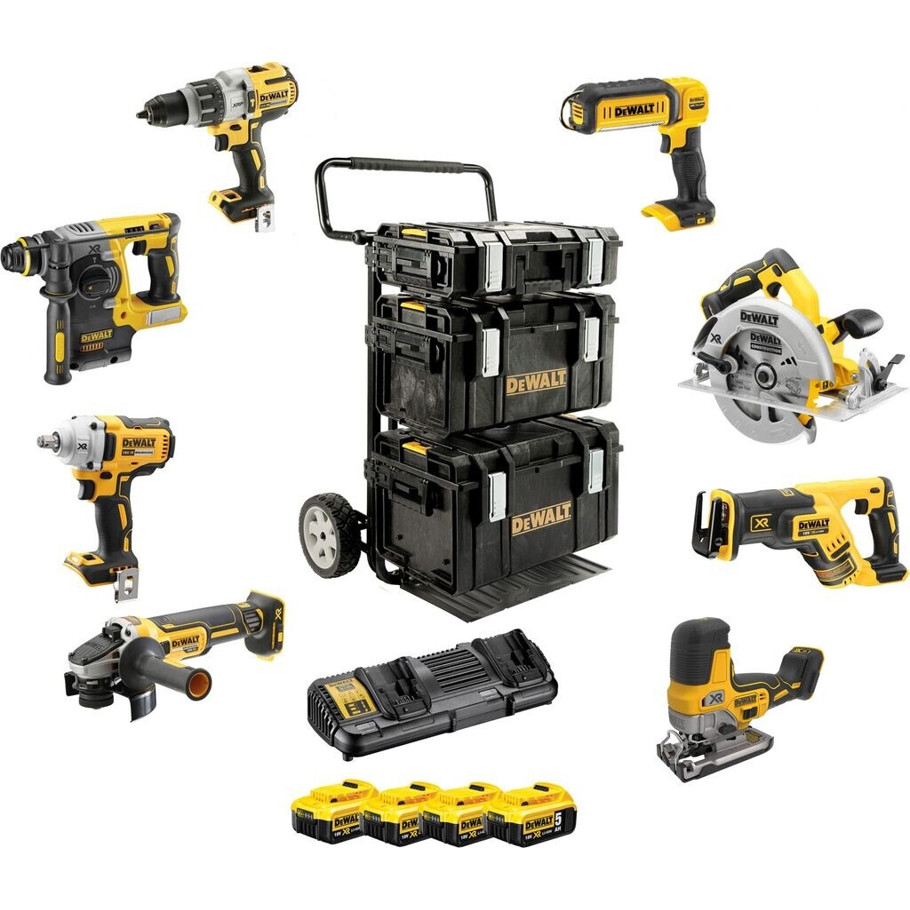Buying a Table Router: A Comprehensive Guide for Woodworking Enthusiasts
When it concerns woodworking, precision and effectiveness are critical. For lots of woodworkers, a table router is an important tool that elevates their craft, enabling them to develop intricate designs and perfect edge profiles. But with numerous choices readily available in the market, picking the right table router can be overwhelming. This guide will provide you with necessary info on purchasing a table router, outlining key factors to consider, popular brand names, and often asked questions.
What is a Table Router?
A table router is a woodworking tool that enables the user to shape, cut, and groove wood in numerous ways by directing the wood over a turning bit installed underneath a table. A table router offers higher control and stability, making it perfect for tasks such as edge profiling, making joints, and crafting ornamental patterns.
Benefits of Using a Table Router
- Precision: Table routers enable for more accurate cuts compared to portable routers, specifically for detailed styles.
- Flexibility: They can be used for numerous applications, such as edge ending up, joinery, and producing raised panel doors.
- Safety: The stationary nature of the router and enclosed bits decrease the risk of mishaps.
Secret Considerations When Buying a Table Router
Before making a purchase, consider the list below aspects:
1. Types of Routers
There are generally 3 types of routers:
- Fixed-base Routers: These include a fixed height, indicating the depth of the cut can not be adjusted throughout operation however uses stability for precision work.
- Plunge Routers: These allow the user to lower the bit into the material, making it simpler to develop grooves and other elaborate cuts.
- Integrated Routers: These routers offer the very best of both worlds, enabling adjustments and flexibility in different applications.
2. Motor Power
The power of the router motor is a crucial aspect, determined in horse power (HP) or amps. A greater power rating typically indicates better performance, especially for thick or harder woods. For general woodworking jobs, a 1.5 to 2.5 HP router should suffice, while sturdy jobs might benefit from routers with 3 HP or more.
3. Speed Control
Variable speed settings offer versatility, enabling the user to adjust the router speed according to the material being cut. Slower speeds are ideal for larger bits and hardwoods, while quicker speeds are much better for smaller sized bits and softer woods.
4. Router Table Compatibility
If you currently own a router or strategy to build a router table, guarantee that your chosen table router works with the router table you have or intend to purchase.
5. Security Features
Think about models with safety functions such as:
- Electronic brake: Stops the bit rapidly when the trigger is released.
- Soft start: Gradually increases speed to avoid the router from leaping during startup.
- Dust collection system: Reduces dust build-up for a cleaner workspace and better exposure.
6. Brand Name Reputation and Warranty
Selecting a reputable brand can substantially affect the tool's dependability and efficiency. In addition, look for brand names that offer guarantees, as this suggests self-confidence in their items.
Leading Table Router Brands
| Brand | Significant Features | Service warranty |
|---|---|---|
| Bosch | Accuracy and dependability, soft-start function | 1-3 years |
| DeWalt | High power, resilient design, substantial bit alternatives | 3 years |
| Makita | Lightweight style, adjustable speed, exact | 1-3 years |
| Festool | Premium designs, extraordinary dust collection, quiet | 3 years |
| Ryobi | Budget-friendly, great for novices, compact design | 3 years |
Comparing Features: Budget vs. Premium Routers
| Feature | Budget plan Models | Premium Models |
|---|---|---|
| Motor Power | 1.5 - 2 HP | 2.5 - 3 HP |
| Speed Control | Minimal | Variable speed with dial |
| Develop Quality | Basic plastic components | Metal housing for resilience |
| Sound Level | Moderate | Quieter operation |
| Dust Collection | Basic | Advanced incorporated systems |
| Service warranty | 1 year | 3 years or more |
Often Asked Questions (FAQs)
1. Do I require a table router if I currently have a portable router?
While a portable router is versatile for numerous jobs, a table router offers boosted stability and precision for elaborate work, making it a beneficial financial investment for serious woodworkers.
2. Can I utilize a regular router in a table?
Yes, lots of routers can be adapted for table use. However, guarantee that the router is suitable with your router table's mounting system.
3. How do click over here now keep my table router?
Regular upkeep is important for longevity:
- Keep the base and bits tidy.
- Inspect and tighten screws and bolts frequently.
- Change worn or harmed bits immediately.
4. What is the very best bit size for a table router?
Bit size depends upon the task. For edge profiling, quarter-inch to half-inch bits are typical. For joinery, larger bits may be required, but guarantee your router can manage the bit size.
5. Exist relevant web-site when utilizing a table router?
Absolutely! Use security goggles, keep hands clear of the bit, make sure correct securing of the wood, and work slowly for accuracy.
Investing in a table router can significantly raise a woodworker's abilities, providing accuracy, versatility, and security. By understanding the essential features and considerations, in addition to checking out credible brands on the market, you can make an informed decision that suits your woodworking needs. Whether you're a hobbyist or a seasoned professional, a trusted table router can improve your woodworking experience and help you create stunning tasks that showcase your skills.
Pleased woodworking!

